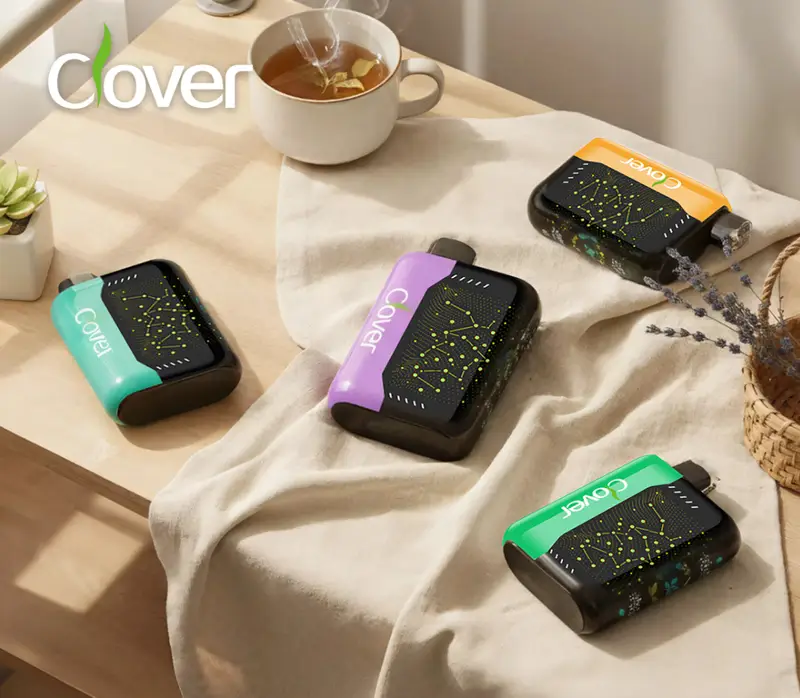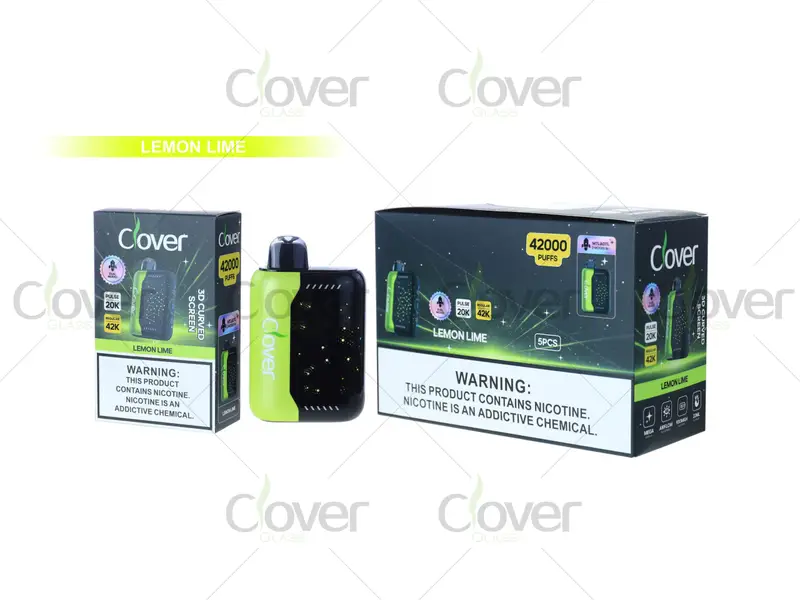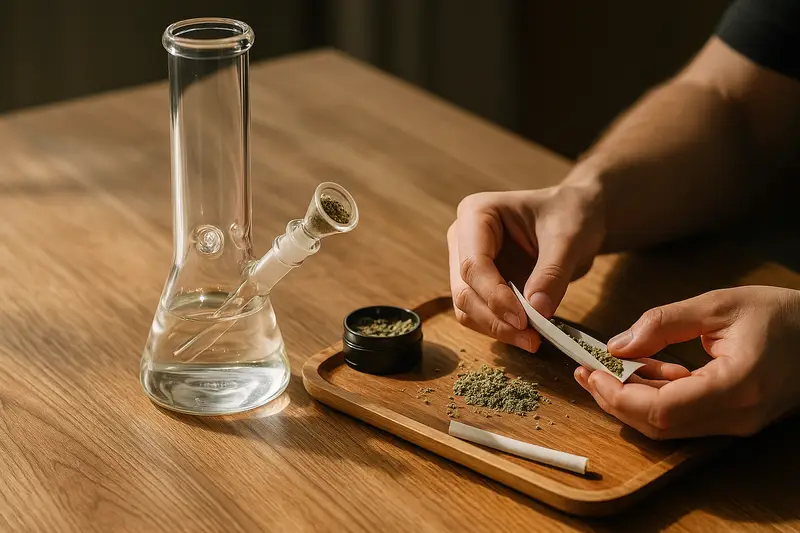Sometimes life throws us curveballs that leave us feeling overwhelmed. I’ve noticed this in my own journey, and I’ve often wondered if marijuana could genuinely help ease the weight of everyday stress. Let’s explore the core facts so you can decide what’s best for your peace of mind.
Marijuana may offer stress relief by influencing the endocannabinoid system in our bodies, regulating mood and tension. However, results differ widely based on factors like strain, dosage, and an individual’s overall health. While many people report finding calm and relaxation, it’s crucial to approach cannabis mindfully, respecting potential side effects and legal regulations.
I’ve seen firsthand how curiosity around this question keeps growing—especially among those seeking a natural way to cope.
How Does Marijuana Affect Stress Levels in the Brain?
It’s easy to think of marijuana as a quick fix for life’s daily hassles. After all, cannabinoids can interact with receptors that influence our emotional responses. But there’s more to the story—like how THC can spark euphoria or heighten anxiety depending on personal tolerance.
**Marijuana strains contain Tetrahydrocannabinol (THC) and Cannabidiol (CBD). These chemicals can mellow you out by modifying how your brain reacts to stress signals. Think of it as a subtle tune-up, often helping you feel more relaxed. However, if your tolerance is low—or if you use a high-THC strain—it can sometimes do the opposite, leaving you feeling more tense instead of less.
When I discuss cannabis with wholesale buyers at Clover Glass, I’m often asked about the actual science behind its soothing effects. Let’s dig deeper.
Brain Chemistry Basics
Marijuana primarily interacts with the endocannabinoid system, which influences emotions, pain perception, and stress responses. THC mimics the body’s natural chemicals to reduce tension, while CBD can help keep anxiety at bay. This dynamic duo might appear to be your friend during a tough day at work or when family drama ramps up.
Balancing the High
Some folks chase that psychoactive “high,” hoping it will melt their worries. In moderate doses, a balanced strain may reduce Stress (biology) and help you unwind. But going overboard with THC can trigger paranoia—especially if you’re not used to it. That’s why paying attention to dosage and method is critical.
A Word on Tolerance
Like any substance, your body can build a tolerance over time. The more you consume, the less dramatic that initial bliss might feel. Some people rotate between different forms of consumption—like flower, oils, or edibles—to keep their stress relief consistent.
Observing Real-Life Impacts
When I meet clients who deal with frequent anxiety, they often share that understanding their personal tolerance is key. It’s not one-size-fits-all. Some people prefer micro-dosing with a gentle puff, while others might appreciate a more full-bodied experience. Either way, mindful use tends to be the safest route.
What Are the Best Cannabis Strains for Stress Relief?
When you’re overwhelmed, choosing the right strain might feel like standing in front of an endless candy aisle. My wholesale partners often ask: how do we even begin selecting the right flower for a gentle unwind?
Common favorites for stress relief include Cannabis strains with balanced THC and CBD levels, like “Blue Dream,” “Granddaddy Purple,” and “ACDC.” These strains are often touted for their calming properties, but remember that individual responses vary. Starting with something moderate is usually a safe bet, especially for people who are new or sensitive to THC.
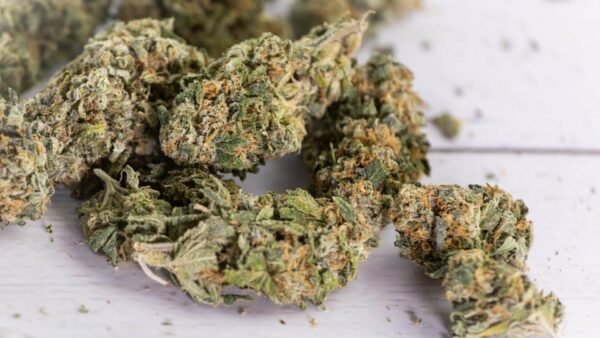
But let’s unravel more about what makes certain strains shine, and why I encourage my B2B clients to understand the differences before stocking up.
Relaxing Indicas vs. Uplifting Sativas
Strains broadly fall into three categories: Indica, Sativa, and Hybrids. Indicas are generally known for their sedative and comforting buzz, making them popular for winding down after a long day. Sativas can provide a more energizing effect, which some say helps them tackle stress with a clearer mind. Hybrids blend traits to offer a balanced experience.
Terpene Profiles
Terpenes—aromatic compounds like myrcene, limonene, or linalool—also play a huge role in shaping each strain’s personality. They can influence how you feel, even beyond THC and CBD content. Limonene, for instance, is often associated with a citrusy scent and a cheerful lift, while linalool may promote relaxation.
Personalizing Your Choice
What works for me might not work for you. That’s why trial, observation, and patience are vital. If you’re a retailer or distributor, it’s helpful to guide customers toward experimenting responsibly, in small increments, to find their stress-relief sweet spot.
Stocking Strains for Your Market
As a wholesaler, I pay attention to popular Indica-dominant strains for those seeking more tranquility. Meanwhile, balanced Hybrids serve those who don’t want to feel “couch-locked.” Offering a diverse menu can ensure you meet different stress-relief preferences—and keep your clientele satisfied.
CBD vs. THC: Which Is Better for Managing Stress?
I’ve had countless phone calls with customers who can’t decide if they want “the chill vibes of CBD” or “the classic high of THC.” It might sound overly simple, but understanding these two compounds can reshape how you handle stress.
CBD is non-intoxicating and praised for its ability to ease tension without the psychoactive buzz. THC, on the other hand, is the culprit behind that euphoric feeling. For stress relief, many people prefer a ratio that pairs both in balanced proportions. If you’re nervous about feeling “too high,” you might lean more toward CBD-dominant products.
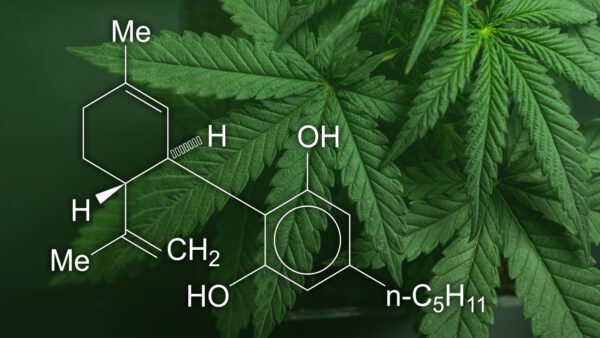
Let’s pull back the curtain on each compound so you can figure out which route feels safer or more efficient for everyday stressors.
THC’s Pros and Cons
THC interacts strongly with receptors in your brain, offering quick relief but occasionally bringing unwanted side effects like paranoia or an accelerated heart rate. If you’re brand-new to marijuana, you might find the head rush disconcerting if you go too hard, too soon.
Why CBD Takes Center Stage
CBD influences stress without the intense psychoactive element. It’s often integrated into daily routines—such as oils, edibles, or topicals—making it a go-to option for those who want a clear head and calm nerves. Plus, CBD can somewhat balance out THC’s harsher effects if both are consumed together.
Finding a Middle Ground
In my business circle, I meet folks who blend THC and CBD to customize their experience. Some prefer a product with a near 1:1 ratio. Others want a bit more THC for a mild euphoric bump. Experimenting in small steps (micro-dosing) can reveal the ratio that suits you best.
Wholesale Insight
If you’re buying in bulk, offering a range of THC and CBD products can make your inventory versatile. I keep both high-THC and high-CBD glass accessories in stock because each group demands different consumption methods—like dab rigs for potent THC extracts or simpler bowls for CBD-rich flower.
Can Marijuana Reduce Anxiety or Make It Worse?
The truth is, marijuana has a bit of a split personality when it comes to stress and anxiety. On one hand, it can be remarkably soothing; on the other, it can trigger worry if misused.
Low to moderate doses of THC can help calm nerves, but go too high, and you might end up in an anxious headspace. This is why self-awareness is paramount. If you already struggle with chronic anxiety, consider milder strains or talk to a medical professional before diving in.

Given all the conflicting tales out there, let’s dive deeper into how it’s possible for a single plant to both soothe and spark anxiety—sometimes in the same person.
Understanding Biphasic Effects
Cannabis, particularly THC, often exhibits “biphasic” properties. In smaller doses, it’s calming. In larger doses, it might create jitters or paranoia. This means the gap between relief and worry can hinge on how much you use.
Mind-Body Connection
Anxiety can sneak up if you’re already stressed before lighting up. The psychological environment—the mood you’re in, the setting, and who you’re with—also plays a huge role. Think of it like this: combining an already tense mindset with a potent strain is a recipe for a panicky ride.
Personal Tolerance and Genetics
Genetics can affect how your body breaks down THC. Some people produce more enzymes that metabolize these chemicals faster, while others don’t. This can mean drastically different reactions between two people who consume the same product.
Monitoring Outcomes
I always advise wholesale clients and retailers to remind consumers to track how different consumption methods or strains affect their mood. A quick mental check—“How anxious or relaxed do I feel right now?”—can help them fine-tune usage for better stress relief.
How to Use Marijuana Safely for Stress: Dosage & Methods
Finding your sweet spot often involves figuring out dosage and form of consumption. I’ve had plenty of customers ask why some forms, like edibles, feel more intense yet are slower to kick in compared to inhalation methods.
Smoking or vaping offers quick relief, typically within minutes, but the effects wear off faster. Edibles and tinctures take longer to show results, yet may last for hours. In either case, start low. A single puff or a tiny edible portion helps you gauge your reaction without overwhelming your system.
So let’s break down the choices you might have, whether you’re a consumer or a retailer exploring new product lines for stress relief.
Smoking and Vaping
These methods allow THC and CBD to enter your bloodstream rapidly through the lungs. The onset is quick—usually within a few minutes—but it also dissipates faster, meaning you might dose more frequently. For sellers like me, offering quality glass water pipes and dab rigs is crucial to ensuring a smooth experience.
Edibles and Tinctures
Edibles hit slowly, sometimes taking up to two hours to reveal their full potency. But once they do, the effects can linger. Tinctures can be placed under the tongue for faster absorption than edibles, though still not as immediate as smoking or vaping. If your main goal is sustained stress relief, edibles or tinctures might be your ally.
Topicals and Capsules
Some people swear by topical creams for localized relief, especially for stress manifesting in physical tension, like muscle knots. Capsules behave like edibles but can offer more precise dosing. While topicals generally won’t offer a psychoactive “high,” they might provide comfort in a targeted area—think of them like a soothing balm after a hectic day.
Mindful Dosing
Start small and be patient. If you overshoot, you could end up stuck in a loop of nervous overthinking. A gentle initiation—say, half a gummy or a single puff—lets you track how your body reacts. Always prioritize mental well-being and remember that “less is often more” with cannabis.
Is Marijuana a Long-Term Solution for Stress?
People sometimes ask me if marijuana can permanently keep stress away. It can be tempting to rely on this plant for daily challenges—especially if you’ve already experienced calming benefits.
Marijuana might be a helpful tool, but it’s rarely the single “magic bullet.” Long-term stress management usually requires a multi-pronged approach—like healthy lifestyle choices, therapy, or meditation. If you rely on it too heavily, you could build tolerance or skirt underlying issues that need attention.
Still, let’s explore how cannabis can fit into a broader plan for ongoing stress relief, especially if you’re ordering bulk quantities for a wellness-focused clientele.
Looking Beyond Cannabis
Marijuana can be part of a balanced strategy that includes adequate sleep, physical activity, and perhaps mental health support. It’s worth highlighting to your customers that cannabis shouldn’t replace essential self-care practices or medical advice if stress is severe or chronic.
Tolerance and Dependency
Over time, daily users might notice diminishing returns. The feeling you once had from a small dosage may evolve, requiring you to consume more. While marijuana is not as physically addictive as some substances, psychological dependence can still be an issue. Monitor your usage patterns to ensure you’re still in control.
Moderation as a Principle
Many of my distribution partners approach cannabis like a treasured spice. A dash can bring out flavors, but too much can overpower the dish. It’s a balancing act. Stress relief is more sustainable when it’s woven into a mindful, disciplined routine.
Evolving Marketplace
With modern innovations in cannabis—from precise THC-to-CBD ratios to advanced cultivation techniques—long-term use can be tailored like never before. Even so, I always remind people: moderation, respect for the plant, and awareness of one’s mental health are key to making marijuana an ally instead of a crutch.
Conclusion
I truly believe marijuana can play a valuable role in easing stress, but it’s just one piece of the puzzle. By choosing the right strains, managing dosage, and pairing cannabis use with healthy lifestyle habits, you’ll be far better equipped to find genuine, enduring relief.


